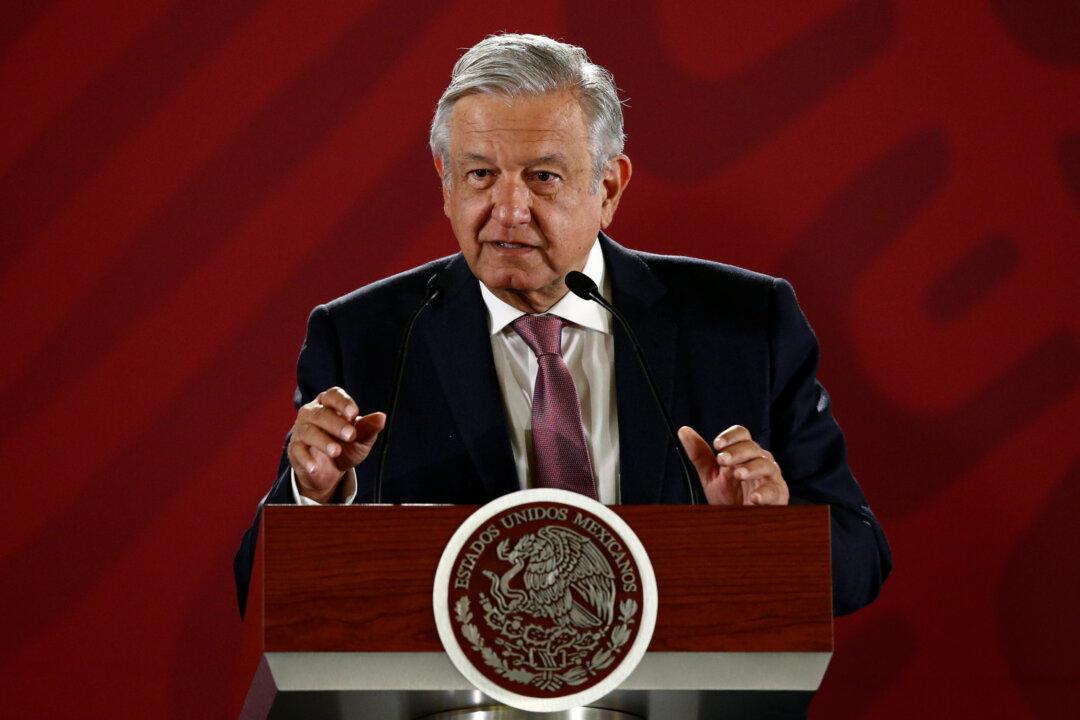MEXICO CITY—Mexico’s Senate voted overwhelmingly on June 19 to ratify a new free trade agreement with the United States and Canada, making it the first of the three countries to gain legislative approval.
Mexico’s upper chamber voted 114 to four with three abstentions in favor of the U.S.-Mexico-Canada Agreement, or USMCA. U.S. President Donald Trump had demanded a renegotiation of the North American Free Trade Agreement that it will replace.





